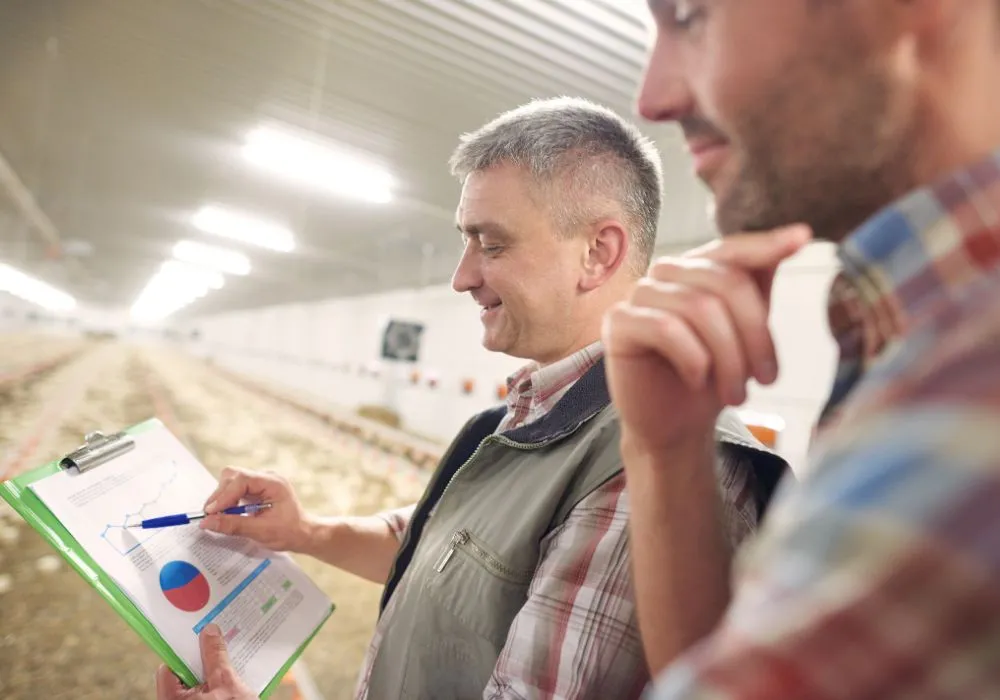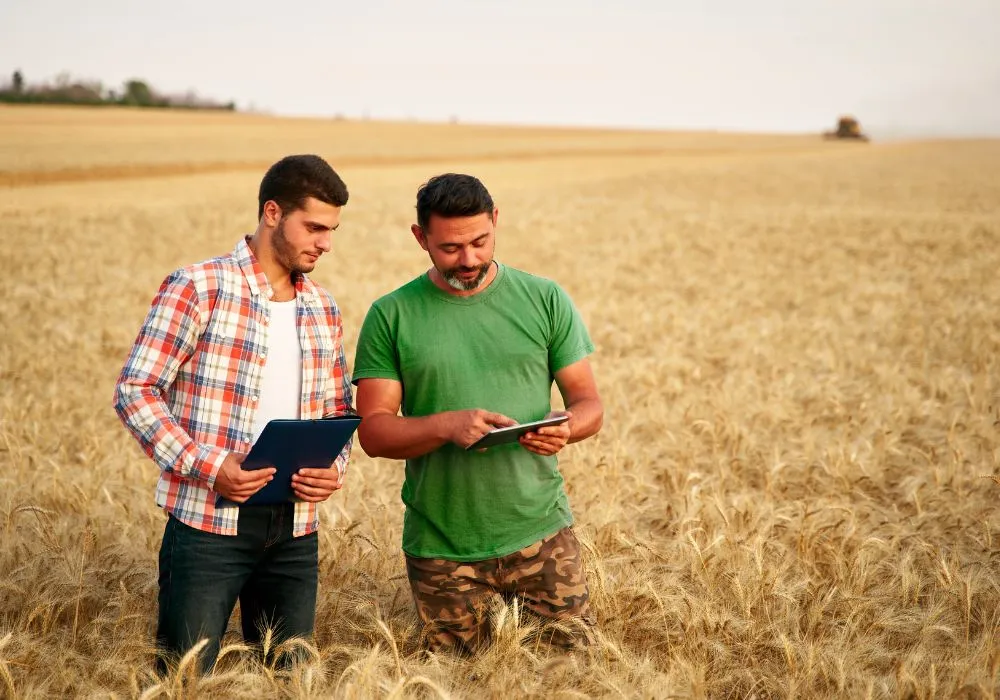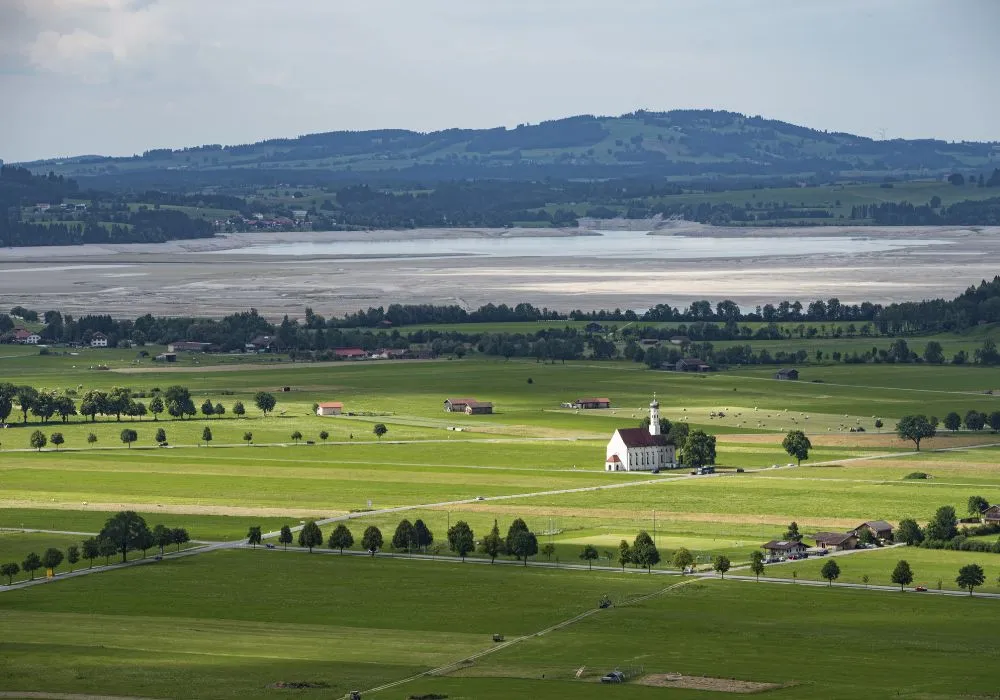A significant shift is underway in the Canadian farmland market. Increasingly, investors with no direct farming background, from urban professionals to institutional funds, are buying agricultural land. This trend, driven by a search for stability and tangible assets, is changing the landscape of farm ownership and creating new opportunities for both investors and farmers.

Why is Farmland Appealing to Non-Farmer Investors?
The allure of farmland extends far beyond the farm gate. For those outside the industry, it offers compelling financial advantages.
A Stable, Tangible Asset
In a world of digital currencies and volatile stock markets, farmland is a physical, tangible asset you can see and walk on. It has a proven track record of preserving wealth and has historically been less susceptible to the wild swings of other investment classes.
Portfolio Diversification
Financial advisors consistently preach the benefits of diversification. Farmland has a low correlation to traditional financial assets like stocks and bonds, meaning it often performs well when other markets are struggling, making it an excellent tool for balancing a portfolio.
A Hedge Against Inflation
During periods of inflation, the value of farmland tends to rise. This is because inflation often drives up food prices, which in turn increases farm revenues and the value of the land that produces the food.

Common Investment Models for Non-Farmers
You don't need to own a tractor to invest in farmland. Several models have emerged to facilitate non-farmer investment.
Direct Ownership and Leaseback Agreements
The most straightforward approach is to purchase a farm and lease it to an experienced local farmer. This creates a win-win scenario: the investor gains a stable asset and rental income, while the farmer gains access to land they might not otherwise be able to afford to buy.
Farmland Investment Funds and REITs
For those who want a more hands-off approach, Farmland Investment Funds or Real Estate Investment Trusts (REITs) pool money from multiple investors to purchase and manage a large portfolio of agricultural properties. This offers diversification within the asset class itself.

What to Know Before You Invest
Investing in farmland requires a unique set of knowledge that differs from traditional real estate.
Understanding Agricultural Operations
While you don't need to be a farmer, you need to understand the basics of what makes a farm profitable. This includes soil quality, water rights, crop types, and regional market dynamics.
Finding a Reliable Tenant Farmer
If you choose the direct ownership model, your success is closely tied to the success of your tenant. Finding a skilled, reliable farmer is one of the most important decisions you will make.
Long-Term Commitment
Farmland is not a "get rich quick" scheme. It is a long-term investment. The real returns are often realized over a decade or more, making it ideal for patient capital.

Conclusion: Is a Farmland Investment Right for You?
For non-farmers, investing in Canadian agriculture offers a unique opportunity to own a piece of a vital, stable, and enduring industry. By doing your homework, partnering with experts, and adopting a long-term perspective, you can successfully join the ranks of the armchair farmers and reap the benefits of the land.

